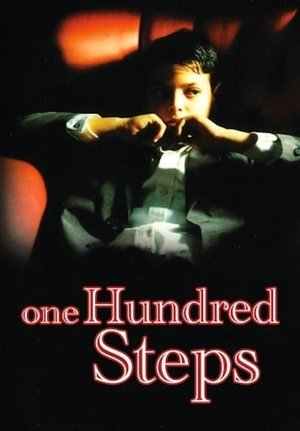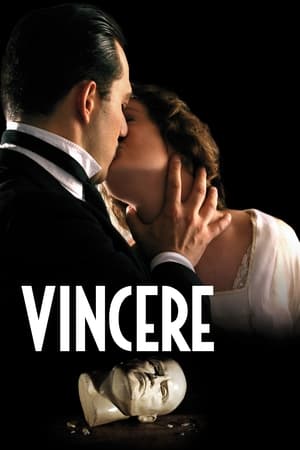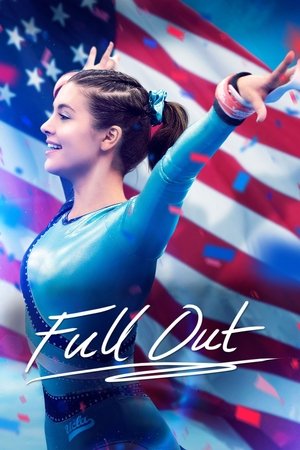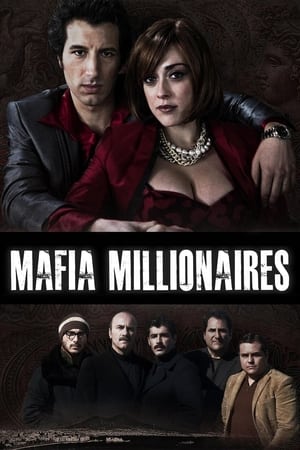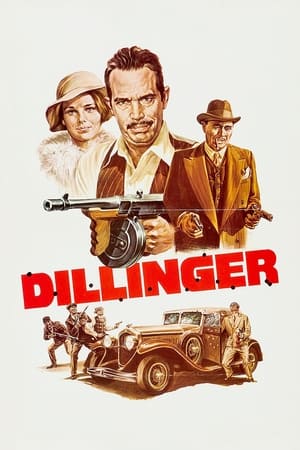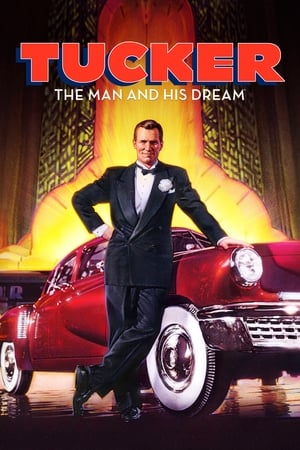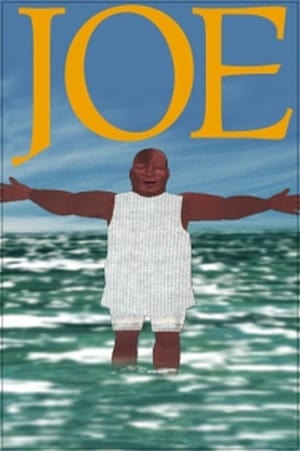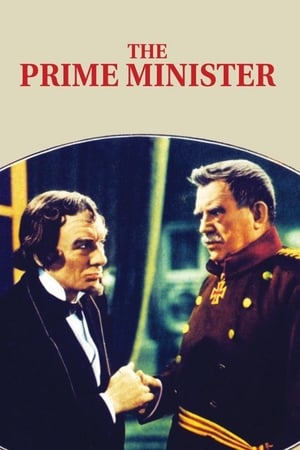Overview
The rise of Aretha Franklin’s career from a child singing in her father’s church’s choir to her international superstardom.
Reviews
This was a good movie, and I enjoyed it. However, I don’t expect I will ever watch it a second time. In a way, it felt like I had already seen it. And I get why: the experiences of women, even celebrity women, often mirror each other when it comes to strict fathers, as=busive first husbands, and so on. The reason we have cliches is that a lot of stuff that happens is so common it becomes a cliche. I only wish the movie had surprised me once in a while when it came to the two-dimensional portrayal of those characters.
There were a few little surprises like that: the change in Aretha’s reaction to the Muscle Shoals Rhythm Section backup band, a moment with her father late in the film, and a few other places. But mostly it all seemed familiar. But still, I like the movie and recommend it.
Much has been made of the late Aretha Franklin's choice of actress to portray her in this early career retrospective - but I wonder what she might have made of the rest of the cast? Jennifer Hudson is superb when she sings, she captures much of the range and vitality of Ms Franklin. Unfortunately, as an actress she fares a little less well, and coupled with a really mediocre supporting cast the film drags quite frequently. The chronology of the story is simple enough, depicting the transition from innocent young girl - a sort of vocal trophy for her father, woken up to enthusiastically perform to the great and the good at house parties - through her disputes with the same strongly willed father (Forest Whitaker) as she hooks up with 12-years older Ted White (Marlon Wayans) and starts her bumpy road to stardom. Maybe had there been more actual opportunity for Hudson to deliver more songs, then the film would have stood out more - but there is too much emphasis on the (frankly, occasionally quite horrifying) domestic problems that rather turn this into an authentic, but still rather uninteresting tale of drink induced family woes. Certainly, these go some way to explaining the gritty determination of the woman to succeed, but they are allowed a dominance in the film that after a while become a little bit cyclical, dull even. What is clearly evident is her pride in her race, but that was also inclusive - she worked with people based on their skills and abilities regardless of their colour - including the Muscle Shoals Rhythm Section - and that proves testament to a woman prepared to demonstrate a free thinking that was well ahead of it's time. Marc Maron works quite well as her long-suffering Atlantic records producer Jerry Wexler and Mary J. Blige turns in an interesting interpretation of a slightly temperamental Dinah Washington, but for the main it's all down to Hudson and she just needed to focus more on the wonderfully powerful portfolio of songs and less on the somewhat clunky drama. Stick around for the very end - there is a great "bonus track" from the lady herself.

 145 min
145 min
 6.78
6.78
 2021
2021
 USA
USA
 Peter McGinn wrote:
Peter McGinn wrote:
